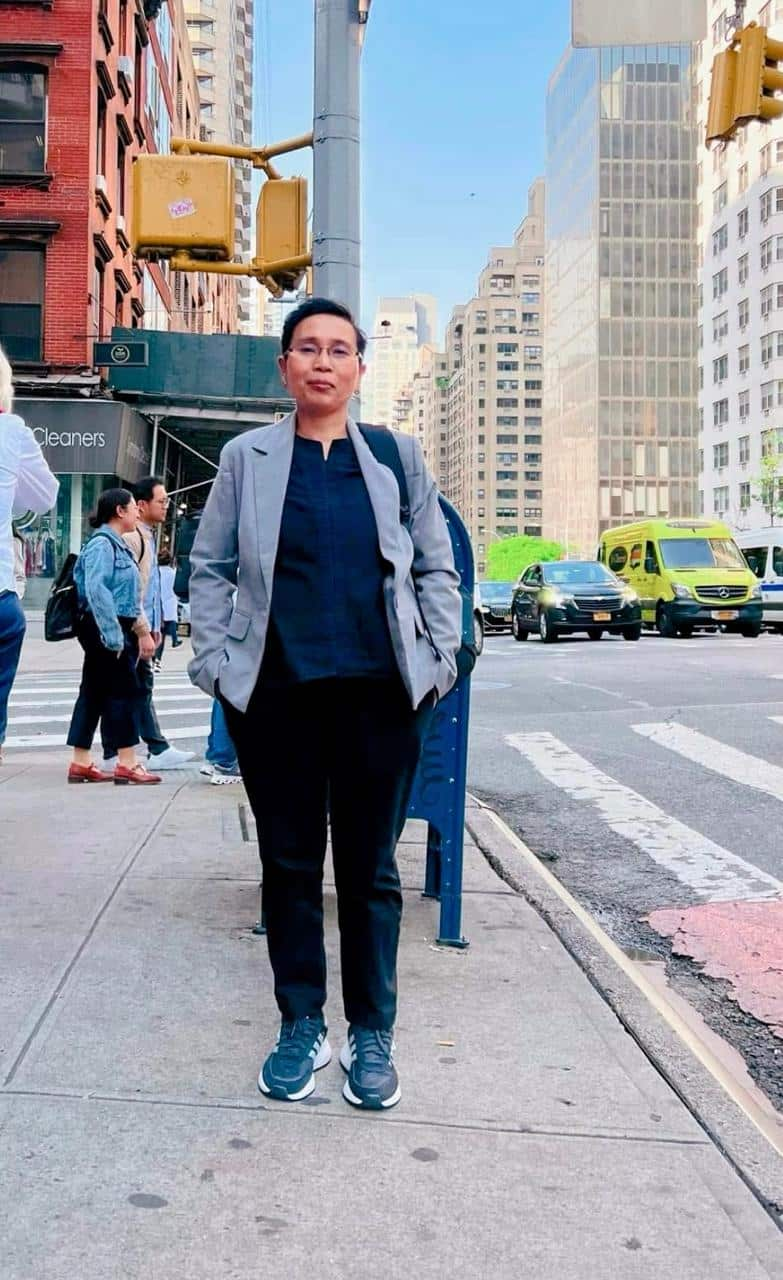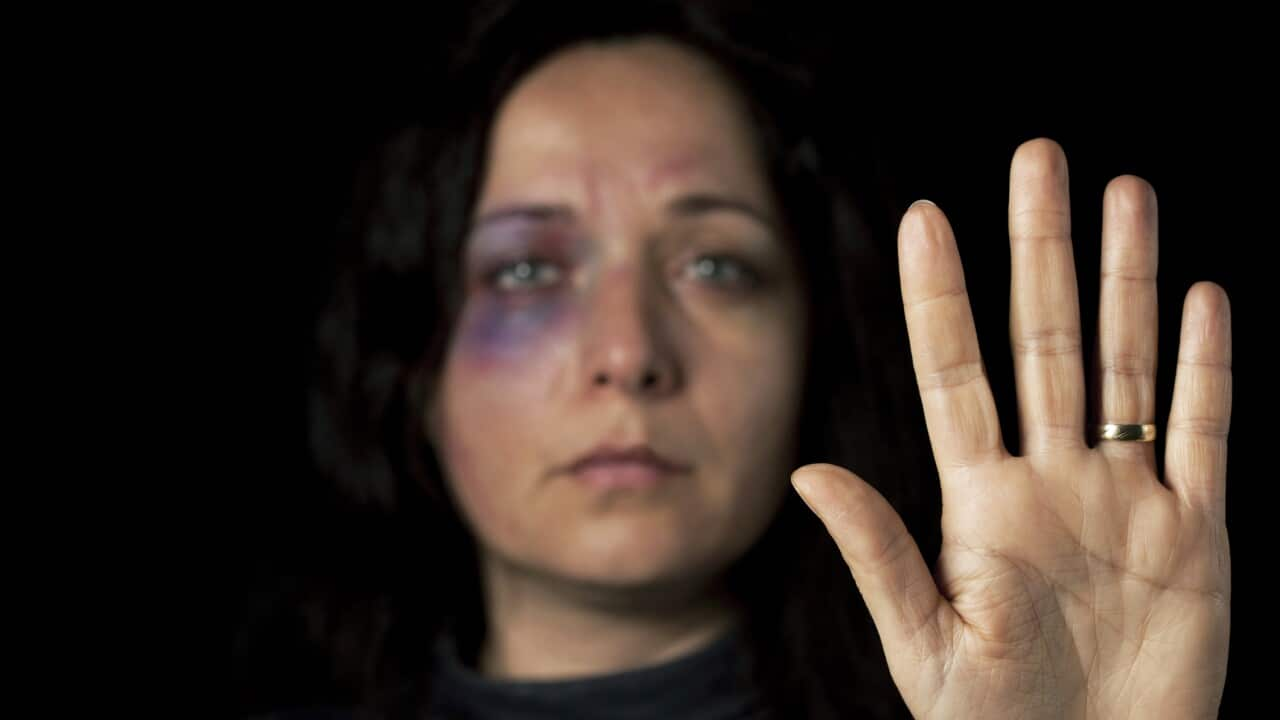CONTENT WARNING: This podcast contains references to domestic violence and sexual assault.
In their statement to SBS Indonesia dated April 16th 2025, Patty Kinnersly, CEO of Our Watch, an Australian Organisation that focuses on primary prevention of violence against women, said that when “...11 women have reportedly been killed allegedly by men’s violence this year, it’s difficult to reconcile that we are making progress in ending this national crisis.”
Two days after SBS Indonesian received this statement, another case allegedly linked to violence towards and murder of a woman was reported - this time in Bankstown, Sydney, where remains of a woman were discovered in a scorched car. The victim was allegedly kidnapped from her home.
Nevertheless, data from Our Watch do reveal that since 2012 the proportion of women experiencing physical violence has been decreasing.
“It’s promising to see improvements in community understanding of violence against
women is leading to more women feeling they can report these crimes to police,” Ms Kinnersly said in the written statement.
UN Women Australia refers to femicide as the most extreme and brutal manifestation of violence against women and girls. Femicide is “different from homicide, where the motivation may not be gender-related”. In the year 2023 alone, as many as 51,100 women and girls worldwide were killed by their intimate partners or other family members
In Indonesia, the number of femicide cases has been increasing yet there is still limited understanding of femicide and those cases are often still regarded as unexceptional criminal cases. One of the cases that has been in the spotlight lately is the alleged murder of female journalist Juwita in Banjarbaru.
According to Sri Agustini, Commissioner of the National Commission on Violence Against Women (Komnas Perempuan), femicide cases should have heavier sentences.

Sri Agustini from Komnas Perempuan Credit: Supplied/Sri Agustini
“Preventing violence is much more than just changing attitudes – it is about building a more equal society across regional and urban Australian, and we have more work to do to create the structural, legislative and policy change required to end this crisis.”
Meanwhile, Sri Agustini from Komnas Perempuan described the effort towards gender equality and the ending of violence against women in Indonesia as a struggle.
If you or someone you know is impacted by family and domestic violence, call 1800RESPECT on 1800 737 732 or visit 1800RESPECT.org.au. In an emergency, call 000.





